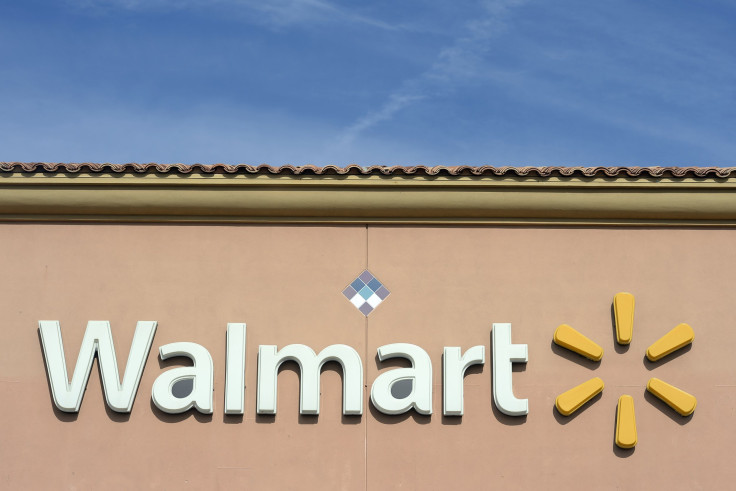Dangerous Chemicals And Fox Meat Compel Wal-Mart To Up Food Safety Efforts In China

Wal-Mart Stores Inc. (NYSE:WMT) announced that it will triple its spending on food safety in China after criticism from Beijing regulators about mislabeled donkey meat and high levels of chemicals in food products.
The Bentonville, Arkansas-based company’s chief compliance officer for China, Paul Gallemore, told the Wall Street Journal that it will be spending $48.2 million (300 million yuan) on food testing and supplier audits by the end of 2015.
“We see this as our future home market,” he said.
Last week,Wal-Mart took sesame oil and squid off the shelves for containing dangerous chemicals. Beijing’s Food Safety Administration said there were hazardous levels of cadmium in the squid and too much benzopyrene in sesame oil supplied by Chinese producers, according to the Associated Press.
Earlier this year, the retailer had to recall donkey meat sold at certain outlets after DNA tests showed it contained other animal products. Authorities from the Shandong Food and Drug Administration claim the “Five Spice” products actually contained fox meat.
“This is another hit on Wal-Mart’s brand, meaning wealthy shoppers will start to lose the trust they had before,” Shanghai-based Managing Director of China Market Research Shaun Rein said to Reuters.
Wal-Mart joins McDonald’s Corporation (NYSE:MCD) Yum! Brands, Inc. (NYSE:YUM) and Carrefour SA (EPA:CA), which have all been under fire from local officials about food safety issues.
China is the largest grocery market in the world, set to grow to $1.5 trillion in the next two years, according to the Institute of Grocery Distribution.
© Copyright IBTimes 2024. All rights reserved.












